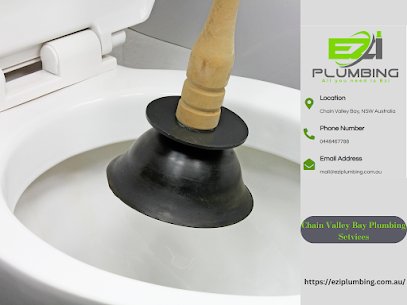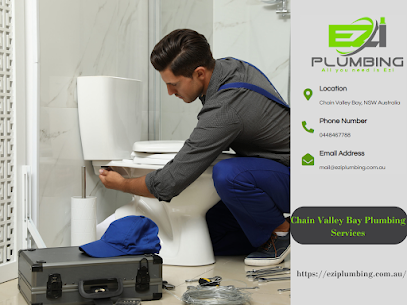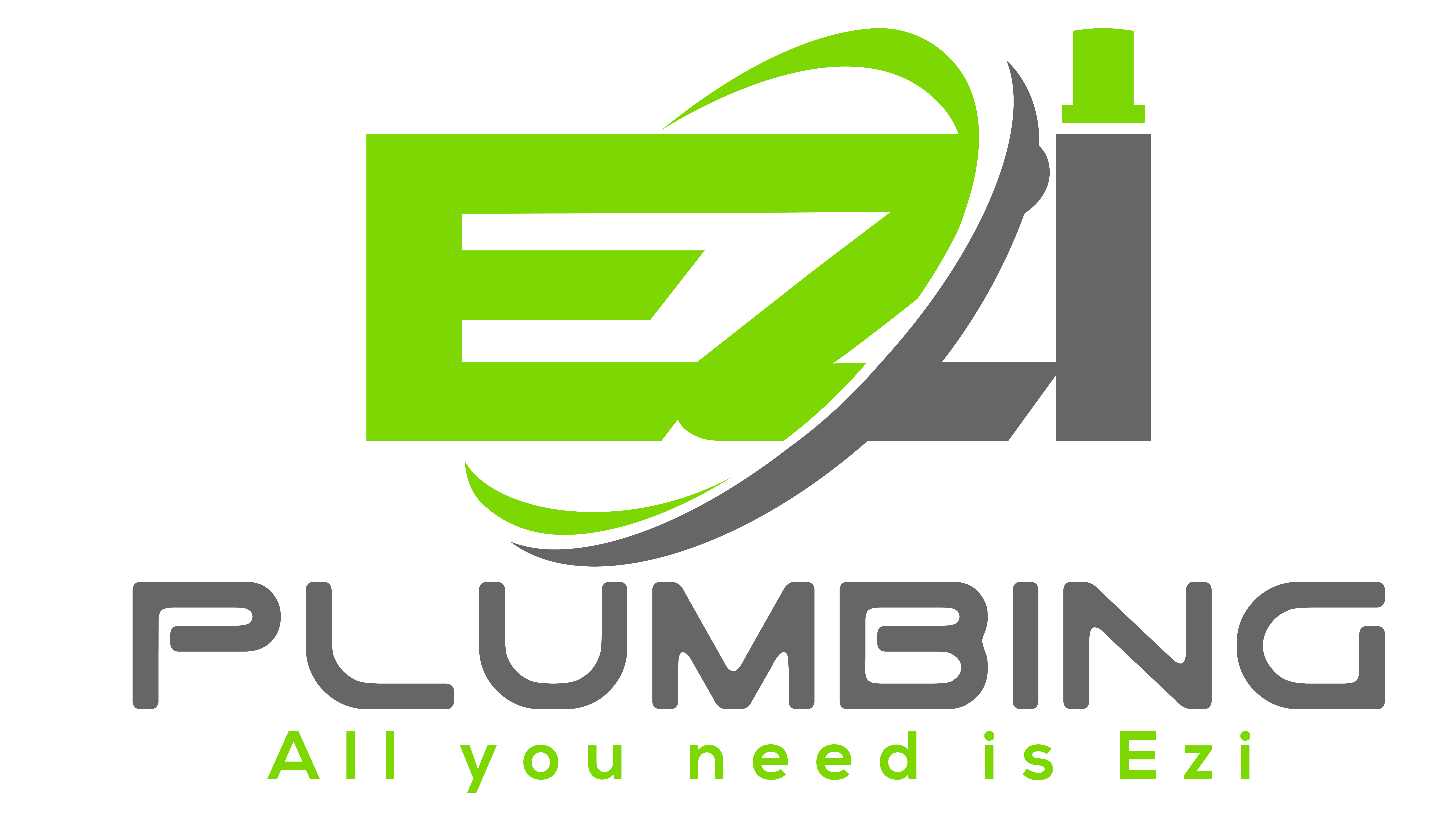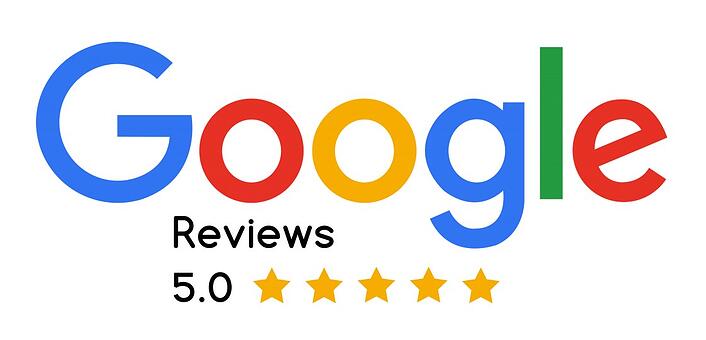Have you ever wondered what happens when your toilet decides to go on strike and refuses to flush? It’s a curious and somewhat messy situation that can leave you feeling frustrated and perplexed. But fear not, because in this blog post, we will dive into the world of toilet blockages and explore why they happen, how to prevent them, and what to do when you find yourself face-to-face with a stubborn clog. So grab your plunger and get ready for some toilet talk – it’s about to get interesting!
Immediate and Long-Term Effects of Toilet Blockages on the Environment
Toilet blockages can have immediate and long-term effects on the environment. When a toilet gets blocked, it can lead to sewage overflow, causing water pollution in local water bodies such as rivers and lakes. This pollution not only harms aquatic life but also disrupts the delicate ecosystem. Additionally, toilet blockages can result in the release of harmful chemicals and bacteria into the environment, impacting both human and animal health. It is crucial to address and prevent toilet blockages to mitigate their negative environmental impact.

Impact on Local Water Bodies
Toilet blockages can have a significant impact on local water bodies and the septic tank. When toilets are blocked, it can lead to the overflow of wastewater into nearby rivers, lakes, or streams. This wastewater contains harmful bacteria and pollutants that can contaminate the water and pose a risk to aquatic life. Additionally, the excess water from toilet blockages can overwhelm the local sewer system, leading to the overflow of sewage into water bodies and the septic tank. This can further contribute to water pollution and damage the ecosystem. It is crucial to address toilet blockages promptly to prevent these negative impacts on the environment.
Effect on Wildlife in Chain Valley Bay
Toilet blockages in Chain Valley Bay have a significant effect on the local wildlife. The obstruction of the waste outlet can lead to an overflow of toilet water into nearby water bodies, causing contamination. This contamination can be harmful to aquatic species such as fish, turtles, and birds that rely on these water sources for survival. Additionally, the presence of non-flushable items in the water can pose a threat to marine life by obstructing their digestive systems or entangling them. It is crucial to address toilet blockages promptly and responsibly to minimize the impact on wildlife.
The Role of Toilet Blockages in Water Pollution
Toilet blockages play a significant role in water pollution, posing a threat to the environment. When a toilet becomes clogged, the wastewater containing harmful substances such as bacteria, chemicals, and waste cannot flow properly, leading to potential leakage or overflow. This contaminated water can find its way into local water bodies, impacting the ecosystem and endangering aquatic life. It is crucial to address toilet blockages promptly to prevent further pollution and maintain the health of our water sources.
Strategies for Preventing Toilet Blockages
When it comes to preventing toilet blockages, there are several strategies you can implement. Regular maintenance of the plumbing system is crucial, as it helps identify any potential issues before they become major blockages. It’s also important to follow the ‘DOs’ and ‘DON’Ts’ for using toilets, such as avoiding flushing non-flushable items. Professional inspections can provide a comprehensive assessment of your plumbing system. By following these strategies, you can minimize the risk of toilet blockages in your home or business.
Regular Maintenance of the Plumbing System
Regular maintenance is crucial for preventing toilet blockages. Use a plunger or plumber’s snake to clear minor blockages and avoid flushing non-flushable items. Periodic inspections by a professional plumber can identify plumbing problems that contribute to blockages. Clean the toilet bowl regularly with vinegar and baking soda or use a drain cleaner to maintain a blockage-free plumbing system.
The ‘DOs’ and ‘DON’Ts’ for Using Toilets
To ensure the proper functioning and longevity of your toilet, it’s important to follow some ‘DOs’ and ‘DON’Ts’. Firstly, to avoid preventable clogs in the first place, avoid flushing non-flushable items like wipes, paper towels, and feminine products, as they can easily lead to blockages in the main sewer line. Secondly, be mindful of the amount of toilet paper you use, as excessive amounts can cause clogs. Additionally, never pour grease or oil down the toilet, as they can solidify and obstruct the pipes. Lastly, regular maintenance such as using a plunger or auger, and periodically cleaning the toilet bowl with vinegar or baking soda can help prevent blockages. Remember to always practice good plumbing habits for a trouble-free toilet.

The Importance of Professional Inspections
Professional inspections are crucial for maintaining the health and functionality of your plumbing system. Hiring a qualified plumber specializing in NLP terms like “plumbing” and “toilet blockages” helps identify potential issues early on. Through comprehensive assessments and tools like augers and drain snakes, professionals can detect hidden blockages. This proactive approach prevents bigger problems, saving you time, money, and stress..
How to Identify and Respond to a Blocked Toilet
How to quickly and effectively deal with a blocked toilet? Spotting the warning signs is crucial. If you notice the water level rising or the toilet bowl not draining properly, it’s likely a blockage in the main drain. Start by using a plunger to create suction and dislodge the obstruction. Alternatively, try pouring hot water mixed with baking soda or vinegar into the bowl. If these DIY methods fail, it’s time to call a professional plumber. Remember, acting promptly can prevent further damage. If the blockage persists after a few attempts, the next step is to try a plunger.
Warning Signs of a Blocked Toilet
If you notice that the water drains in your toilet bowl very slowly or doesn’t drain at all, it could be a sign of a blocked toilet. Another warning sign is when the water level in the bowl rises higher than usual after flushing. You may also experience frequent clogs or hear gurgling noises when you flush. These signs indicate a possible blockage in the toilet bowl or the waste pipe, which can result in wastewater overflowing onto the bathroom floor. If you encounter any of these warning signs, it’s important to address the issue promptly to avoid further problems.
Initial Steps to Unblock a Toilet
If you’re faced with a blocked toilet and there is enough space inside the bowl to accommodate more water, there are a few initial steps you can take to attempt to unblock it. First, try using the easiest way to unclog a toilet – a plunger – to create suction and dislodge the blockage. You can also try pouring hot water into the toilet bowl to help dissolve any obstructions. Another option is to use a mixture of baking soda and vinegar, which can help break down the blockage. If these methods don’t work, it may be necessary to call a plumber for further assistance.
When to Call a Plumber
If you’ve exhausted all your efforts to clear a clogged toilet using a plunger, vinegar, or hot water, it’s time to call a professional plumber. A professional plumber has the expertise and tools, such as an auger or drain snake, to tackle stubborn cesspit blockages effectively. Remember, excessive plunging or using harsh chemicals like bleach can damage the toilet bowl and the sewer system. Don’t hesitate to reach out to a plumber when you’ve tried everything but the toilet remains clogged. This is the simplest way of eliminating partial blockages.
What are the Common Causes of Toilet Blockages?
Toilet blockages are often caused by flushing excessive toilet paper or non-flushable items. Mineral deposits and foreign objects can also contribute to the problem. Prevent these issues by practicing proper usage and regular maintenance. Only flush toilet paper and dispose of other items in a separate bin. Use a plunger or drain snake for minor clogs and clean pipes with baking soda and vinegar to prevent buildup.
Conclusion
Toilet blockages in Chain Valley Bay can harm the environment, leading to sewage overflows and water contamination. It’s important for residents and businesses to prevent blockages and dispose of waste properly. At EZI Plumbing, we offer professional plumbing services to address these issues and protect the environment. Contact us for plumbing needs or advice on preventing blockages. Let’s work together to preserve Chain Valley Bay’s natural beauty.

